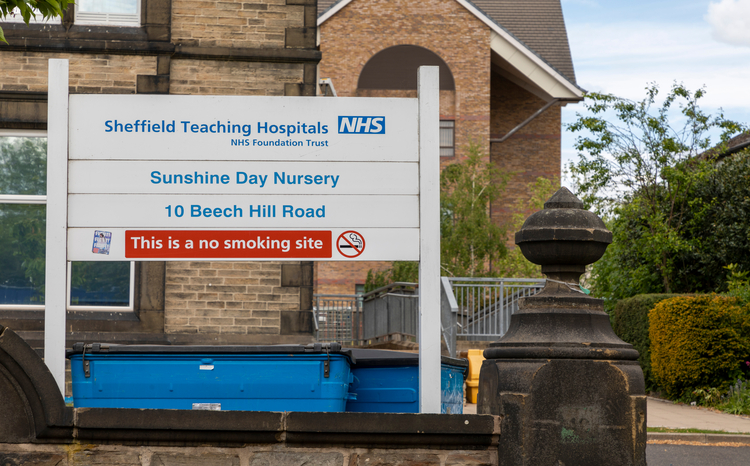GPs on collision course over NHS 111
- 2 January 2014

GPs may be set for a collision course with senior civil servants over plans to give patients who dial NHS 111 telephone advice centres the right to demand contact from a GP at the practice they are registered.
GPs who failed to see or contact patients directed to them through NHS 111 telephone advice centres would, under new proposals, face being issued with breach of contract notices.
The breach of contract clause is said to be sought by civil servants as part of a revised GP contract, according to a BMJ report.
BMJ quotes GPC negotiators as saying plans to alter their contracts would be strongly resisted, as they would allow remote lay call handlers to dictate to clinicians whether patients should be seen.
Derbyshire GP, Dr Peter Holden, lead negotiator on 111 for the GPC, told BMJ that GPs would not accept being dictated to by lay call handlers working to a computerized referral algorithm.
“We said quite clearly, there’s no way we are going to be told that we are obligated [to see patients sent via 111]. What we do is re-triage [patients] and decide what we’re going to do.
“But we are not going to have some lay operative working a computer programme telling us how to practice medicine.”
A spokesperson for NHS England said GPs were required to “care for patients as necessary” as part of their contractual terms.
The troubled NHS 111 telephone triage service has faced significant problems with staff shortages, treatment delays and ambulances being summoned unnecessarily, since being launched in Easter 2013.
In July, NHS Direct, which had previously provided a well-established national telephone advice service, and was providing the successor service to around a third of England, pulled out of all its contracts.
NHS Direct, which is now being wound up, said it could not afford to operate the service on the contractual terms it had accepted.
Contracts previously held by NHS Direct have been transferred to temporary “step in” providers, the majority being ambulance trusts.




